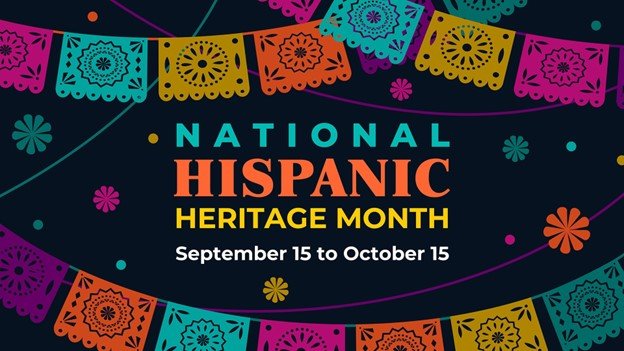Hispanic Heritage Month, observed annually from September 15th to October 15th, recognizes the rich cultural contributions, history, and achievements of Hispanic and Latinx communities in the United States. This month-long observance serves as a reminder of the remarkable impact these diverse and dynamic cultures have made on the nation.
Individuals who identify as Hispanic can come from a wide range of backgrounds, ethnicities, and races, as there is significant diversity within Hispanic communities. For example, Hispanics can be of European, Indigenous, African, or mixed racial backgrounds, and they may practice various religions or have different cultural traditions.
For this Hispanic Heritage Month, The Stritmatter Firm would like to shine a light on one small piece of the contributions the community has put forth to ensure justice and equity for all in Washington State. Recognizing the contributions made by those of the Mexican-American Federation of Washington and their struggle in fighting for the right to vote for those who are not literate in English.
Mexican-American Federation-Washington State v. Naff, was an action brought by the Mexican-American Federation and by individual members attacking the constitutionality of the amendment of the Washington Constitution requiring voters to be able to speak and read the English language in order to vote. The Eastern District of Washington Court held in a 1969 decision that the amendment was a valid exercise of the state of Washington’s power to determine the conditions under which the right of suffrage may be exercised.
The fight did not stop there, as there were numerous cases around the country targeting state constitutional amendments like the one in Washington. Ultimately, the Naff decision was vacated with the 1971 Oregon v. Mitchell decision in which the US Supreme Court abolished the literacy tests as a requisite to vote—enfranchising millions of Americans and making our democracy more responsive to the needs of the many.
“Sí, se puede” – Cesar Chavez
